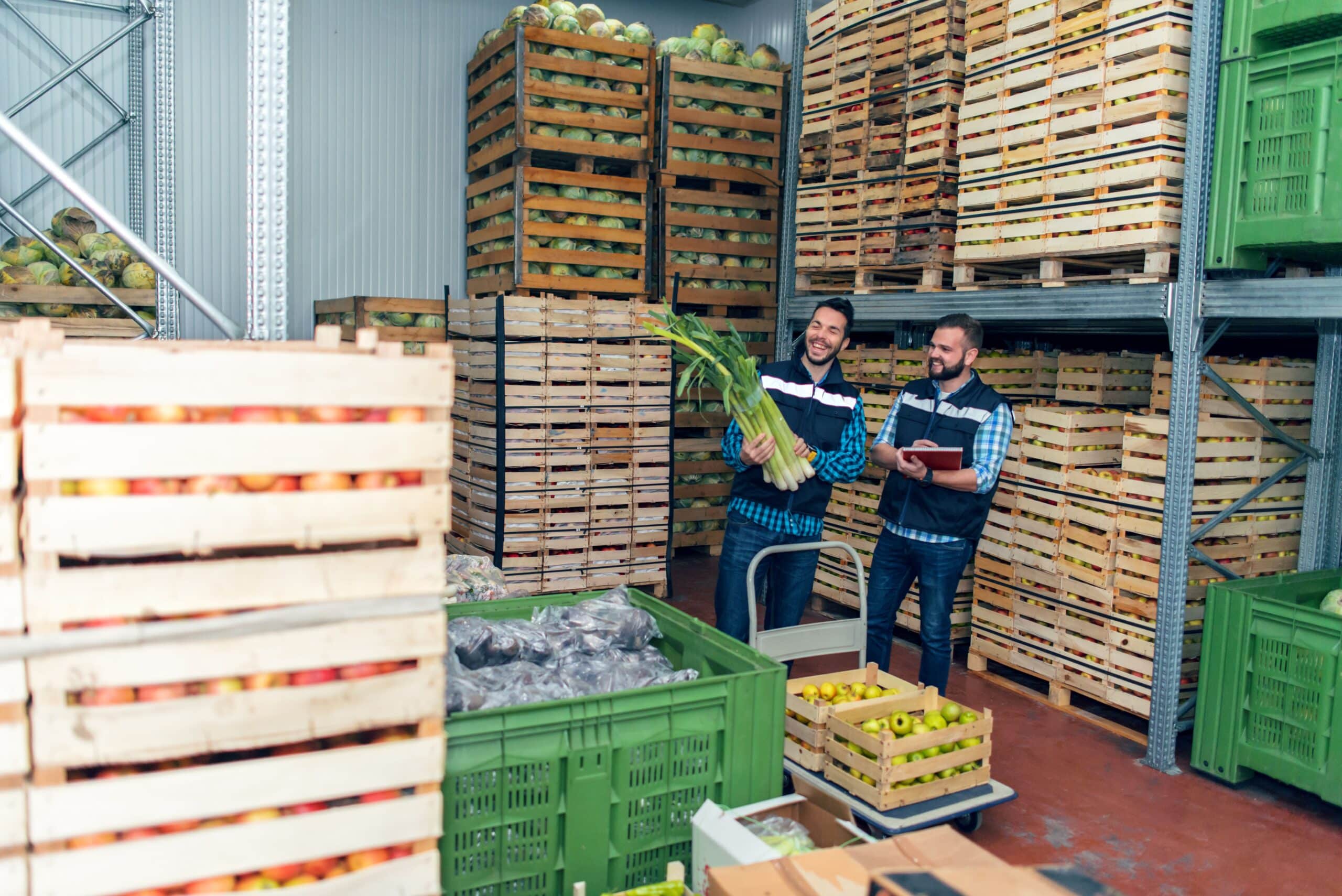In late 2023, Colombia introduced Latin America’s first “junk food law” on ultra-processed food. The law tackles a prevalent problem in the Colombian diet, namely the high sodium that has led to nearly a third of adults in the country having high blood pressure. The tax will be introduced gradually on affected foods, beginning at 10% immediately, rising to 15% next year and reaching 20% in 2025.
Case studies like this are a potential topic of discussion at Michigan State University College of Law’s Global Food Law programme, where you learn the laws of food safety policy and how to make decisions that affect food regulation across countries.

Established in 2011, the university’s Global Food Law programme is one of the only programmes of its kind in the US. Source: Michigan State University College of Law.
A one-of-a-kind online programme, it’s designed for professionals working in the food and agriculture industries, food safety, law, government, and other areas involving international food law. As it’s open to lawyers and non-lawyers, this creates a vibrant and engaged cohort. Each class is enriched with the insights of students from many backgrounds, such as business, food science, food safety, nutrition, microbiology, global leadership, and more.
Between expert teaching, lively classes, and guidance from food-centred partners and colleagues, the programme brings to life the practice of law and policy in food regulation. Upon completion, students earn a Masters of Law in Global Food Law or Masters of Jurisprudence in Global Food Law and proceed into key roles, including as leaders in the food industry, governments, and related non-governmental organisations.
“The programme gave me the knowledge and skills I needed to quickly and efficiently research global laws, respond to legal allegations, and prepare global market expansion strategies,” says graduate Judy Burton.
Preparation is key to a successful career — and the programme covers the necessary knowledge through compulsory courses to help students achieve that. Required courses include:
- Administrative Law: Food Safety and Labelling, an introduction to the essential elements of administrative law, focusing on food safety and labelling issues in the US.
- US Food and Drug Law, for a basic working knowledge of US administrations and laws regulating food, drugs, cosmetics, biologics and blood, and medical devices.
- Foundations of Law and Legal Research, an introduction to the American legal system with a particular focus on international scholars and non-lawyer’s research and writing needs in American jurisprudence.
- Foundations of Food Science and Safety for Lawyers
- International Food Laws and Regulations, an overview of the global food regulation systems, including some of the cultural and socioeconomic factors influencing the regulation of food products in specific regions.

In the Global Food Law programme, students will be able to solve complex, practical problems related to food regulation. Source: Michigan State University College of Law.
A diverse range of elective courses lets students specialise in the areas that interest them most. One example is the Advertising Law: Food Focus course regarding regulations for advertising consumer products in the US. The course encompasses general rules governing advertising, comparative advertising, and the various types of claims (like environmental marketing claims). It evaluates the required substantiation required to support those claims, the use of endorsements and testimonials, issues in advertising on social media, the right of publicity, the regulation of consumer contests and sweepstakes, intellectual property issues in advertising, and other related topics.
The electives effectively reflect contemporary problems and explore potential solutions. Real-world situations like Colombia’s “junk food law” may be discussed in the Food Law and Regulation in Latin America and the Caribbean course; the Draft, Amend & Update Food Law course provides an analysis of the steps required to draft, amend and update food laws and regulations from a global perspective.
It’s an in-depth education that provides knowledge and skills that can be applied immediately. From influencing food safety policy, interpreting international laws and regulations, and bridging the gap between regulators and industry, these are the know-how and skills graduates will stand out for.
For graduate Nicole George, the programme has been game-changing. “I have learned so much with the different courses, and it has allowed me to stay on top of the ever-changing regulatory landscape,” she says. “I’m equipped with the tools to research important law texts, and the programme has given me the confidence to find the answers to legal questions as they arise in my current regulatory role.”
Graduate Michael Richardson echoes the same. Now working as a Senior Policy Advisor at the Ontario Ministry of Agriculture, Food and Rural Affairs, he’s drawing his learnings from the programme daily.
“Policy issues involving food continue to figure prominently in the media and in political discourse,” says Richardson. “How we produce food and foster economic growth are, more so than ever, becoming tasks that must be undertaken in a complex regulatory environment. Food law represents an opportunity to work in a dynamic and challenging area of practice, where the environment is in a constant state of flux.”
Follow Michigan State University College of Law on Facebook, Instagram, X, and LinkedIn













